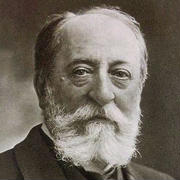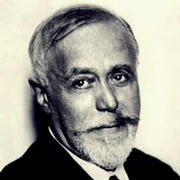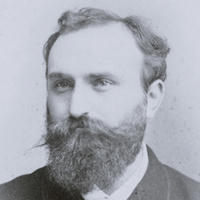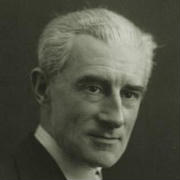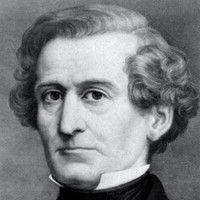Thomas by Wilhelm Benque
[fr], c. 1895
Charles Louis Ambroise Thomas (French: [ɑ̃bʁwaz tɔma]; 5 August 1811 – 12 February 1896) was a French composer and teacher, best known for his operas Mignon (1866) and Hamlet (1868).
Born into a musical family, Thomas was a student at the Conservatoire de Paris, winning France's top music prize, the Prix de Rome. He pursued a career as a composer of operas, completing his first opera, La double échelle, in 1837. He wrote twenty further operas over the next decades, mostly comic, but he also treated more serious subjects, finding considerable success with audiences in France and abroad.
Thomas was appointed as a professor at the Conservatoire in 1856, and in 1871 he succeeded Daniel Auber as director. Between then and his death at his home in Paris twenty-five years later, he modernised the Conservatoire's organisation while imposing a rigidly conservative curriculum, hostile to modern music, and attempting to prevent composers such as César Franck and Gabriel Fauré from influencing the students of the Conservatoire.
Thomas' operas were generally neglected during most of the 20th century, but in more recent decades they have experienced something of a revival both in Europe and the US.


